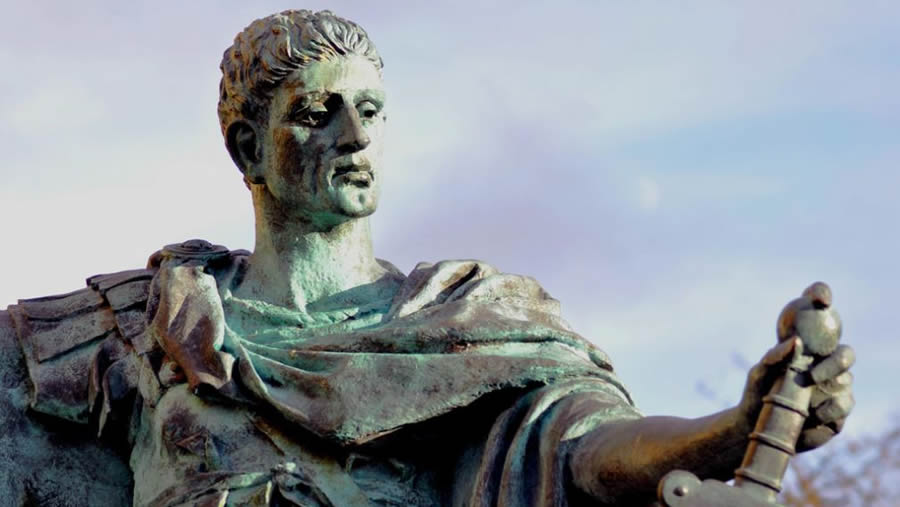This post originally appeared in its entirety here on The Stream.
In April Tennessee’s governor vetoed an effort to make the Bible the state’s official book, like the tomato is the state’s official fruit and the raccoon the state animal. He essentially took the politically easier route, alluding to possible constitutional problems but stressing that for him the Bible is too sacred for such a pedestrian role, which would trivialize it merely as a historically influential text.
Maybe the governor is right. Or maybe not. Acknowledging centrally influential religious influences in civil life doesn’t necessarily trivialize. Images of Moses, with other historic law makers, appear in the U.S. Capitol and Supreme Court. Are Jews and Christians insulted that the chief prophet of the Old Testament is ranked with Confucius, Hammurabi and Muhammad? It would be stranger and more offensive to omit him.
Some Muslims are perhaps offended that Muhammad is personified in the Supreme Court, since Islam prohibits images of its prophet. But Christianity traditionally affirms not only artwork of its central characters but also readily makes its symbols available for wider public life beyond the church. The Pope even cited the portrayal of Moses in the U.S. Capitol as validation of faith’s historic role in perpetuating American moral order, for the betterment of all, of many religions and no religion.
Neither America nor Western Civilization, much less Tennessee, with its own history of revivalism and Christian publishing, would be imaginable without the Bible. Maybe becoming the state book is not quite the right note. But neither is it offensive, or disrespectful. And recognizing the Bible’s formidable culture-shaping role does not theocratically violate constitutional barriers any more than do the images of Moses in Washington, DC.
Please click here to continue reading the rest of this post on The Stream.
Comment by Mark Brooks on June 13, 2016 at 12:47 pm
Sounds like another governor who needs to be relieved of his present responsibilities by Christian voters as a reminder that Christians, too, vote.
Comment by PapaK on June 14, 2016 at 3:33 pm
I empathize. However, I have about given up on finding Christians who can be elected. At this point I am satisfied with candidates who simply aren’t too eager to see us gone.
Your email address will not be published.
Related Reads
1
2
3
4
The work of IRD is made possible by your generous contributions.
Receive expert analysis in your inbox.
Institute on Religion and Democracy
1023 15th Street NW, Suite 200
Washington, DC 20005
Contact us | Media requests
© 2025 The Institute on Religion and Democracy. All rights reserved.
Dear Reader,
Will you stand with IRD and faithfully support the church coverage you rely on today with a special gift of $100, $250, $500 or whatever you are called to give?
Make your tax-deductible gift today!
